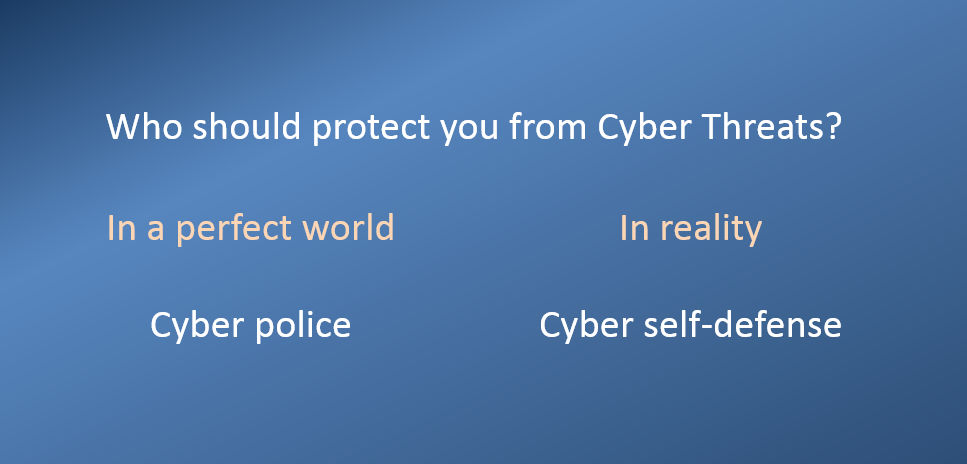Who should protect you from Cyber Threats? The world is becoming increasingly dependent on information technologies.
- Government. More and more states provide digital services for their citizens and rely complex information systems.
- Business. There are no more companies that do not have IT infrastructure (on-premises or cloud). IT processes become the most valuable competitive advantages of the companies.
- People. The number of active Internet users is steadily growing. People own a large number of connected devices: from desktops and smartphones to smart homes and cars. Electronic payments (bank cards, Apple pay, PayPal, etc.) replace cash and traditional banking tools.
All these information systems make our life easier and more efficient. They also create the need for a huge amount of various software. This software is developed by people. And people tend to make mistakes. Especially when security is not their priority (when speed is a priority, for example). These errors cause large number of vulnerabilities exploited by attackers.

Regularly, we can hear about exploitation cases that often lead to significant damage. Who should protect us from cyber threats and cybercrime?
In a perfect world: Government
My opinion is that the state (government, cyber police) should do this in an ideal world.
Attack is an act of aggression. What should we do if we are the victim of an attack in a physical world? We call the police for help. And the state, using it’s monopoly on violence, brings justice. Why not rely on it in the cyber-space?
This is good for simple cases, when it is clear who was the aggressor. But in the case of cyber crimes, the attribution of an attack is even more complicated. And the aggressor may be located outside the jurisdiction of the state.
In addition, in real life, states are not flexible enough. They are often tightening the screws too much trying to provide security. In some countries, a simple port scan is illegal. Or research and development of certain types of software may be illegal. Do you like this? I’m not.
In reality: Self-defence
State protection does not negate the fact that you must be cautious.
The state should protect you, your home and car, but you can reduce your risks of getting in a bad situation if you do not walk around in a bad neighbourhood, if you close the door in your house and use the alarm system in your car.
By analogy in cyberspace, reasonable precautions for individuals would be the use of end-point protection tools (anti-viruses), strong passwords, regular updates of software, etc. It really helps to reduce risks.
Companies actually do the same on a bigger scale when they create information security departments that monitor infrastructure and all the processes in organisation. If you do not do this, the probability of getting in an unpleasant situation will be much higher.

Hi! My name is Alexander and I am a Vulnerability Management specialist. You can read more about me here. Currently, the best way to follow me is my Telegram channel @avleonovcom. I update it more often than this site. If you haven’t used Telegram yet, give it a try. It’s great. You can discuss my posts or ask questions at @avleonovchat.
А всех русскоязычных я приглашаю в ещё один телеграмм канал @avleonovrus, первым делом теперь пишу туда.
